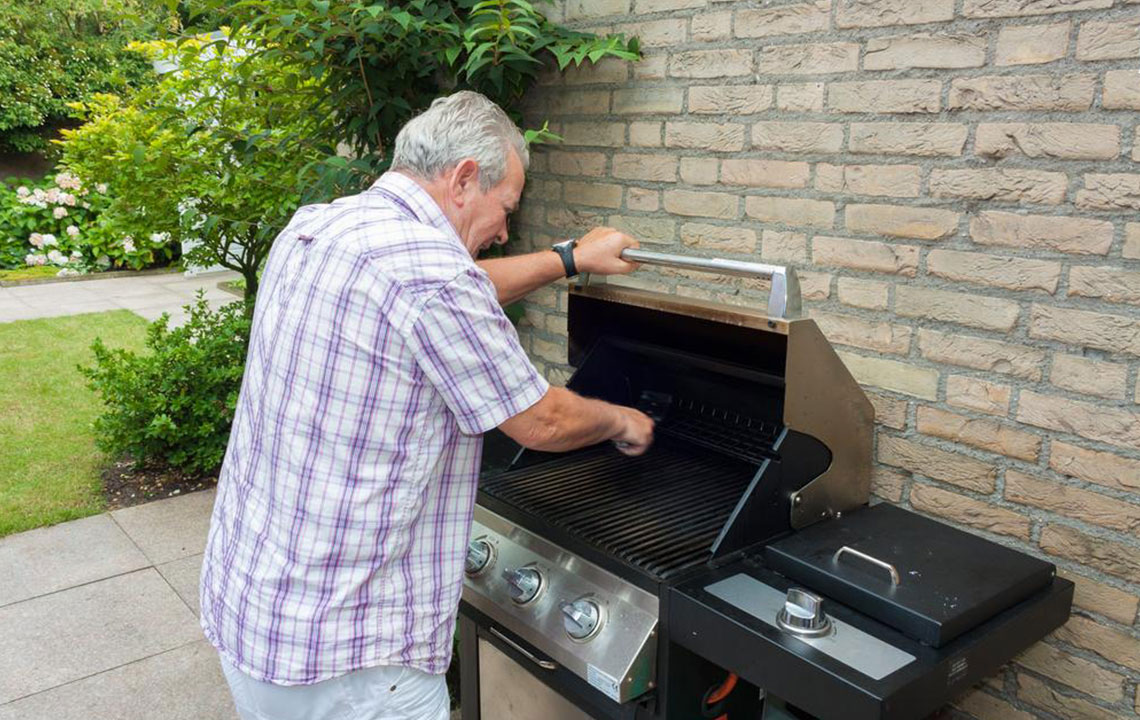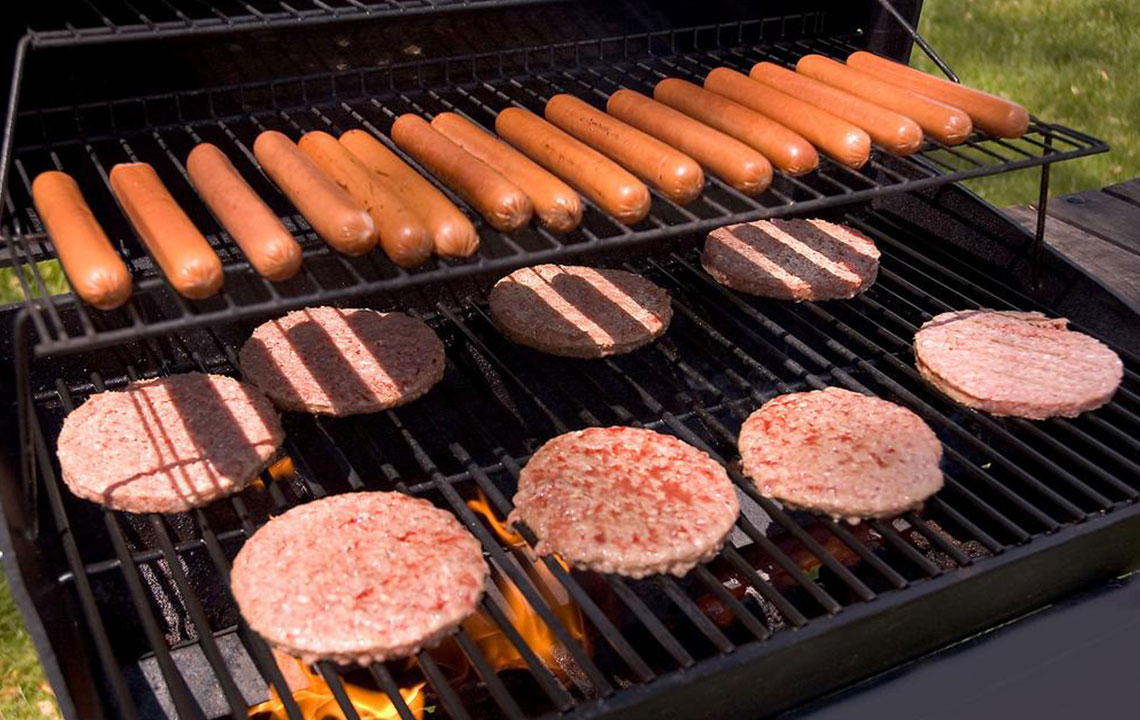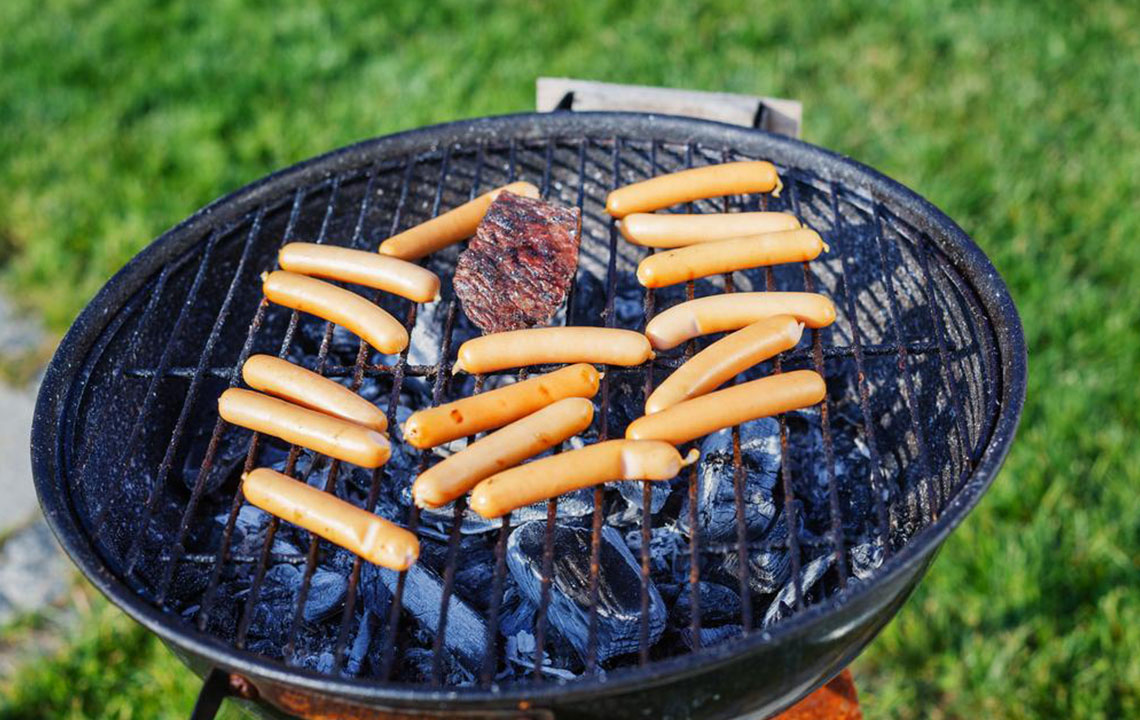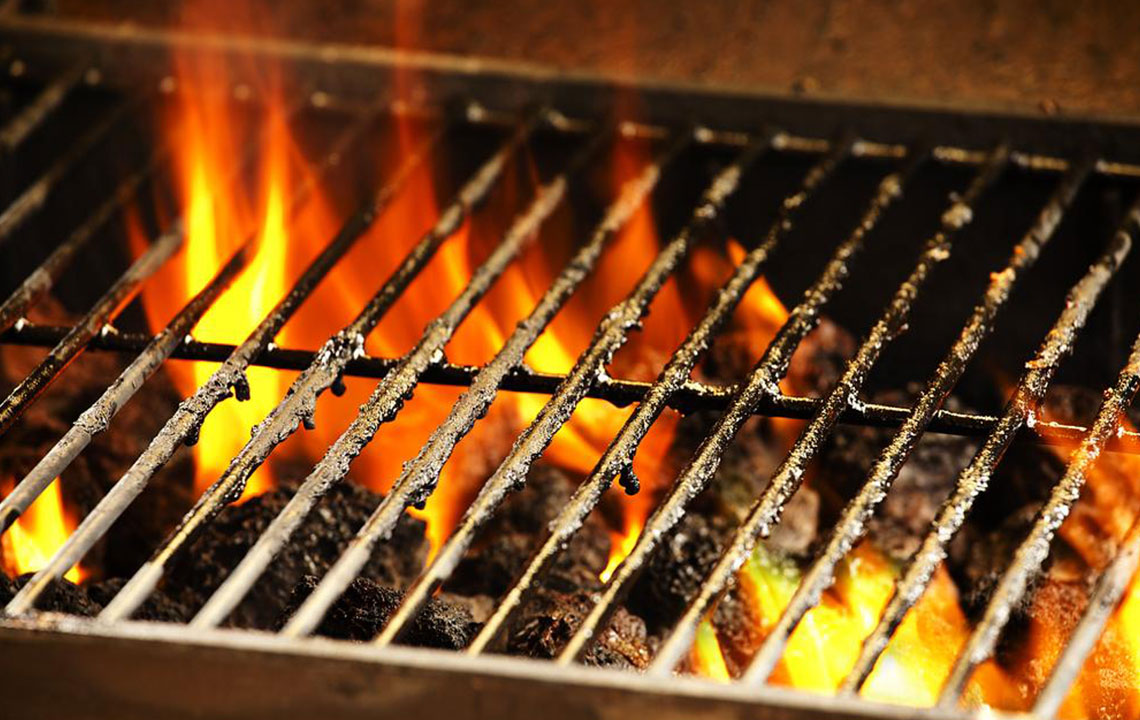Essential Safety Guidelines for Installing a Natural Gas Barbecue Grill
Learn essential safety tips for installing a natural gas grill, from choosing the right model and understanding local regulations to employing licensed professionals. Proper installation ensures safety, efficiency, and longevity of your grill, protecting your home and outdoor space. Follow these guidelines for a secure and hassle-free setup of your natural gas barbecue.

Important Factors for Proper Installation of Your Natural Gas Grill
More homeowners are choosing natural gas grills over propane due to their eco-friendliness. If you're planning to set up a natural gas barbecue, keep these key safety tips in mind to ensure a smooth and secure installation.
Choose the Right Grill
Assess your budget and outdoor space before purchasing. Natural gas grills vary in size and price; select one suitable for your cooking needs and available area.
Remember to consider costs beyond the grill itself, including installation and maintenance. Proper upkeep ensures your grill’s longevity, so plan accordingly.
Check Local Regulations and Obtain Permits
Compliance with local building codes and securing necessary permits for gas line installation is crucial. Permits guarantee safe setup and help avoid fines. Regulations specify where and how gas lines should be installed to reduce safety hazards.
Non-compliance can create safety risks for you and your neighbors. Always consult local authorities before beginning installation.
Use Licensed Professionals for Installation
While installing a natural gas grill might seem simple, hiring a licensed technician or plumber is vital. They possess the necessary skills and tools to connect gas lines safely and meet code requirements. DIY attempts may lead to leaks or damage and can void warranties.
Adhering to proper procedures helps prevent dangerous leaks or malfunctions down the line.


